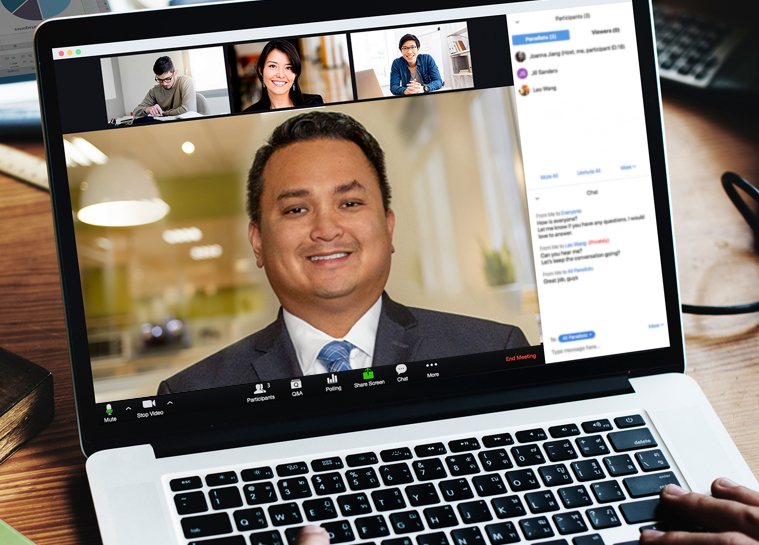Depositions During the COVID-19 Pandemic

Remote depositions are becoming widespread in the wake of the corona virus pandemic.
In the age of a pandemic, each and every one of us is exploring new and effective ways to communicate, socialize, and to work. The same holds true for the legal profession and, in particular, the way in which we conduct depositions.
A deposition is an oral statement required to be made by the parties, witnesses, experts, etc. during the discovery process when a case is in litigation. It is made under oath and, in normal times, takes place at either plaintiff or defendant’s office (or a neutral site). With the advent of COVID-19, attorneys have had to explore new ways in which to take these depositions when an in-person statement is simply not practical or necessarily safe. For injury victims who have filed a lawsuit and find themselves having to give a deposition during the pandemic, multiple questions arise:
- Do I have to appear in-person for my deposition?
- Will I be penalized if I am not comfortable giving my deposition in-person?
- If I do not feel comfortable appearing in-person, are there alternative ways in which I can give my deposition?
- What if I am not comfortable sitting for a deposition via remote means such as “Zoom”?
Illinois courts have enacted several rules addressing the very issue of whether a party or witness can refuse to sit for an in-person deposition for safety reasons during the pandemic. Most Illinois courts have made it clear that in-person depositions are not required so long as we are in the midst of the pandemic. Furthermore, the courts in large part have indicated that parties and attorneys will not be penalized for not agreeing to do an in-person deposition during the pandemic.
This makes sense since there is a plethora of reasons why a person may not feel comfortable sitting for an in-person deposition. The person sitting for the deposition may be considered “at-risk” due to their age and/or underlying health conditions which make them particularly susceptible to a bad outcome if they were to contract the virus. Additionally, the person may live and have close contact with a loved one who due to their age and/or underlying health conditions is considered in the “at-risk” category. Furthermore, there is still a lot not yet known about the long-term implications of the coronavirus which gives people pause on whether they want to expose themselves to areas of the state and/or country which are considered “hot zones” for the virus.
While not requiring parties to sit for in-person depositions, the courts do, however, want parties to try and agree on conducting depositions by alternative means whenever possible. There are several alternative means in which a deposition can be taken. The most common one being utilized is “Zoom” but there are many other remote deposition options. Most of these remote methods are user-friendly and I have found that these depositions are mostly seamless and go on without any significant hiccups.
Understandably, a lot of people do not consider themselves tech savvy and may still find it difficult to navigate the remote deposition applications. That is a time when your attorney can become your technology advocate in addition to being your case advocate. The easiest way in which to do this is to do a trial run where the attorney makes the client comfortable in the download of and use of the remote deposition application. This should be done far in advance of the deposition to ensure a smooth and comfortable deposition for the client.
We have entered a brave new world in the age of COVID-19. We are finding new ways in which to ensure that injury victims are able to get access to the courts and justice they are seeking. If you find yourself with a deposition looming, whether it be in-person or via remote means, ask your attorney what your options are. Call us at (630) 585-2320 or contact us online to schedule a no-cost, no-obligation consultation today. Your attorney is not just your case advocate, they are your advocate in navigating the entire legal process, including the navigation of that process during the pandemic.
